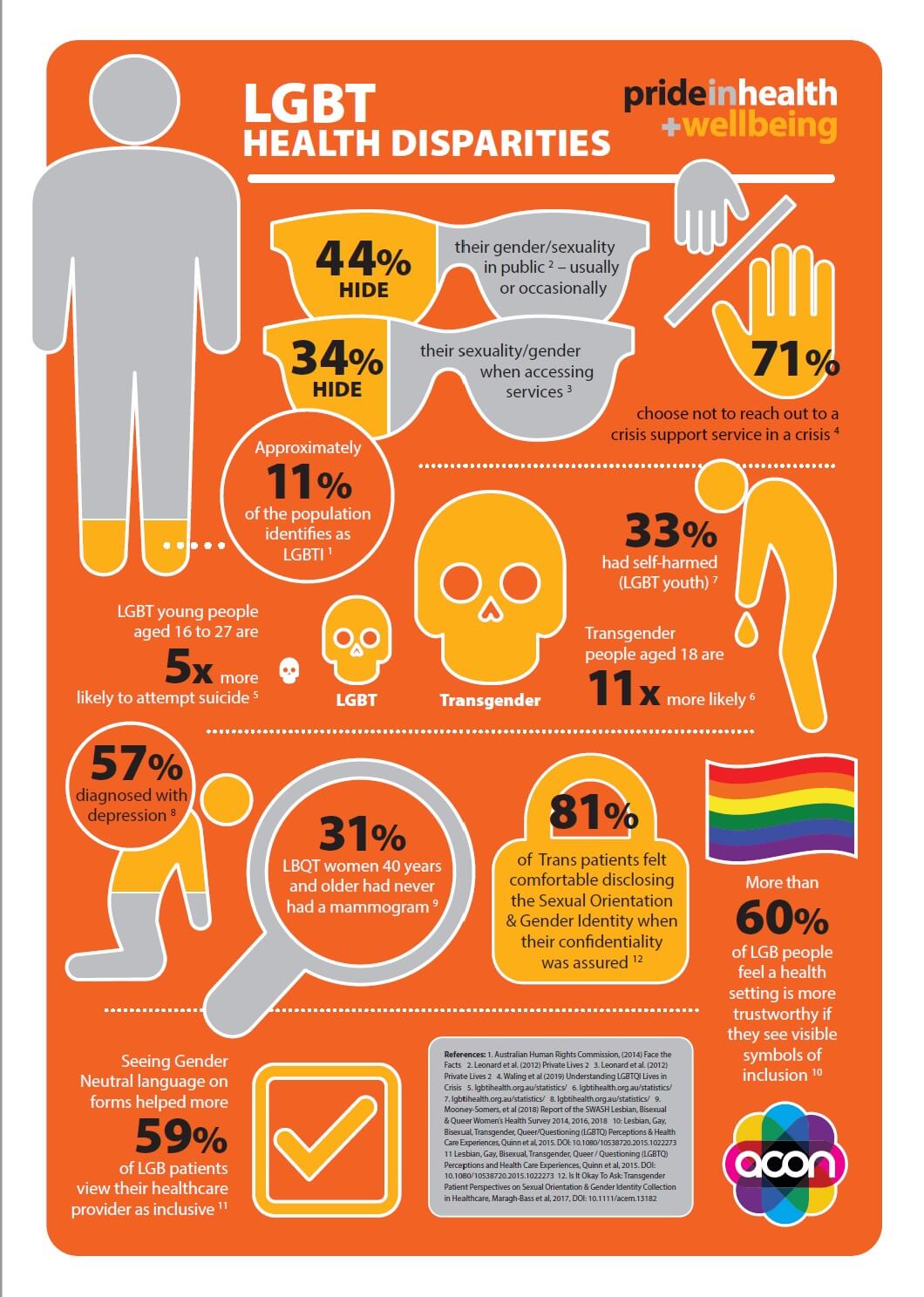Behavioral health is an important aspect of overall health and wellbeing. It refers to the connection between our behaviors and our physical and mental health. For members of the LGBTQ community, there are unique challenges and factors that can impact their behavioral health. In this article, we will explore the topic of LGBTQ behavioral health and the resources available to promote positive outcomes.
What Is LGBTQ Behavioral Health?
LGBTQ behavioral health refers to the mental and emotional wellbeing of individuals who identify as lesbian, gay, bisexual, transgender, or queer. This includes factors related to sexual orientation, gender identity, and the experiences of discrimination and stigma that are often faced by members of the LGBTQ community.
Studies have shown that members of the LGBTQ community are more likely to experience mental health challenges like depression, anxiety, and substance abuse than their non-LGBTQ peers. This is due to a variety of factors, including the stress of stigma and discrimination, lack of social support, and difficulty accessing culturally competent healthcare.
Challenges for LGBTQ Individuals
There are a number of unique challenges that members of the LGBTQ community may face when it comes to their behavioral health. These may include:
- Stigma and discrimination from family members, peers, and community members
- Isolation and a lack of social support
- Fear of rejection or violence
- Difficulty accessing culturally competent healthcare
- Higher rates of poverty
- Lower rates of health insurance coverage
- Experiences of trauma, such as bullying or hate crimes
These factors can contribute to increased rates of mental health challenges and substance abuse among members of the LGBTQ community.
Resources for LGBTQ Behavioral Health
There are a number of resources available to support the behavioral health of LGBTQ individuals. These include:
- LGBTQ-affirming therapists and mental health professionals who are trained to work with members of the LGBTQ community
- Community-based support groups, such as those offered by LGBTQ community centers
- Online resources and apps that provide mental health support and resources for LGBTQ individuals
- Advocacy organizations that work to promote the health and wellbeing of the LGBTQ community
 Source: bing.com
Source: bing.comSeeking Help for LGBTQ Behavioral Health
If you or someone you know is seeking help for LGBTQ behavioral health concerns, there are a number of steps you can take. These include:
- Researching therapists or mental health professionals who have experience working with LGBTQ clients
- Reaching out to LGBTQ advocacy organizations for support and resources
- Joining a local LGBTQ support group or community center
- Using online resources or apps to access mental health support and resources
- Talking to a trusted friend or family member about your concerns
Conclusion
LGBTQ behavioral health is an important topic that deserves attention and support. By understanding the unique challenges faced by members of the LGBTQ community and promoting access to culturally competent resources, we can work to promote positive outcomes and improve the overall wellbeing of this population.